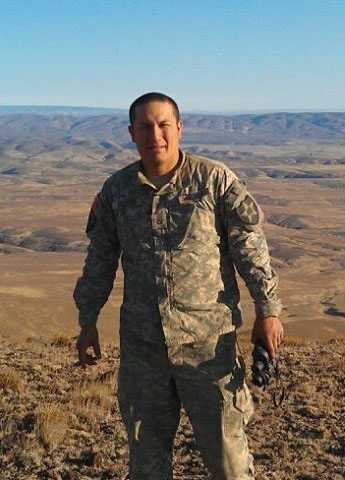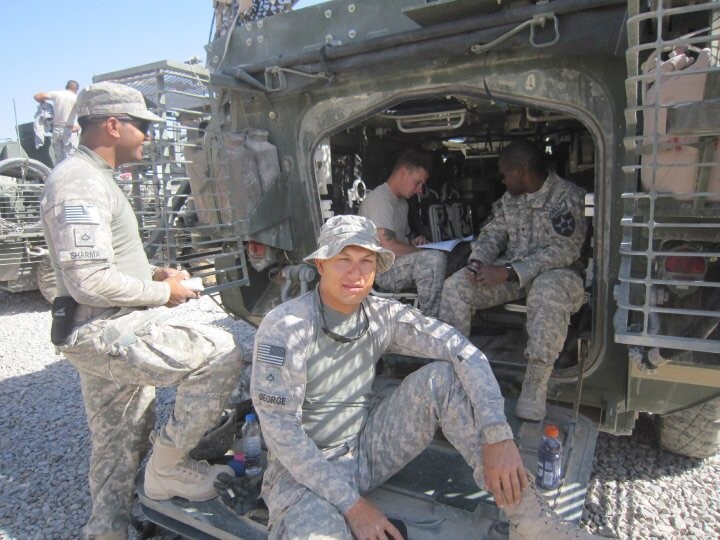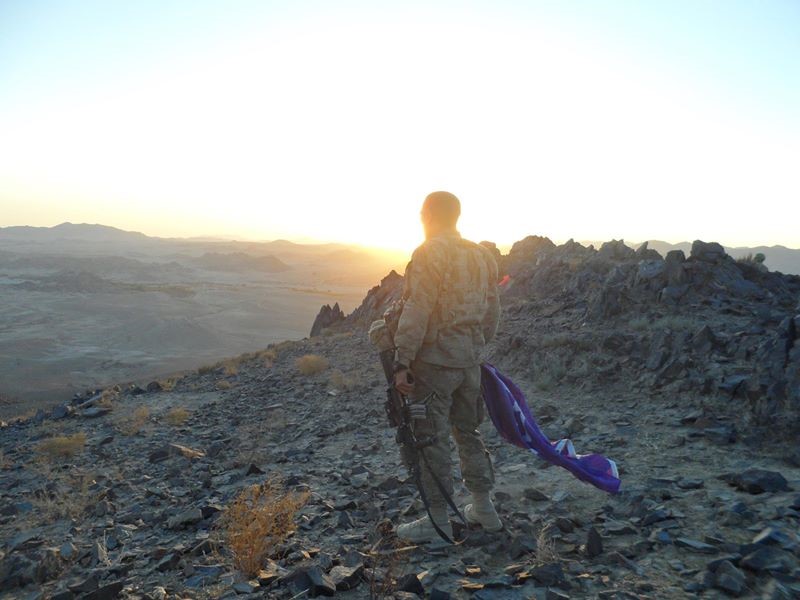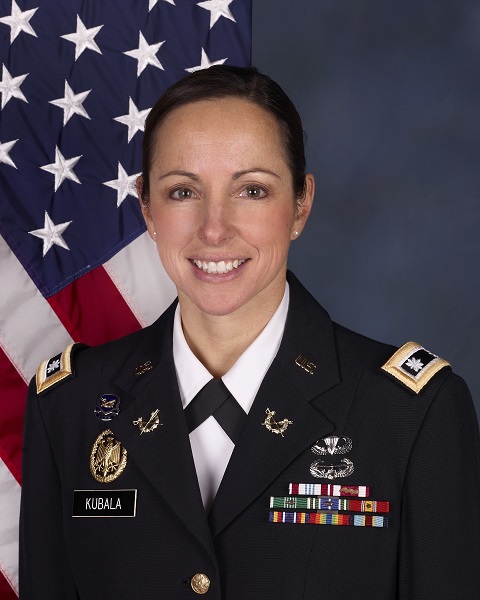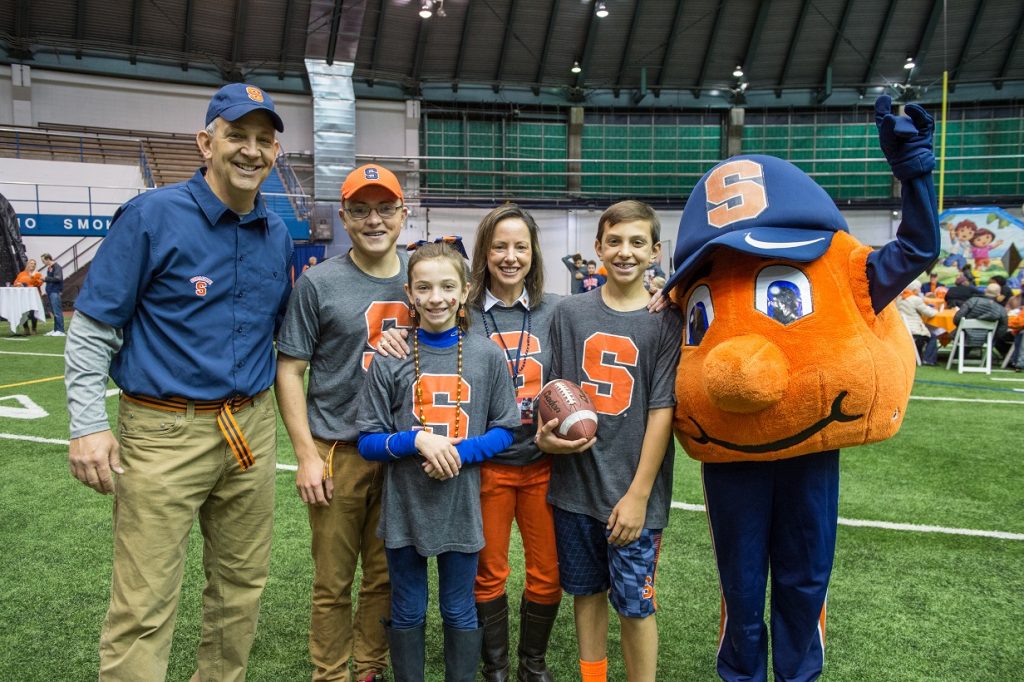University Hosting Voices of Service: A Celebration of Veterans Writing and Weekend Workshop
Syracuse University Press and the Libraries, in partnership with the D’Aniello Institute for Veterans and Military Families (IVMF) and the National Veterans Resource Center (NVRC), are hosting a discussion of art, identity and conflict featuring Veterans Writing Award-winning authors on…


